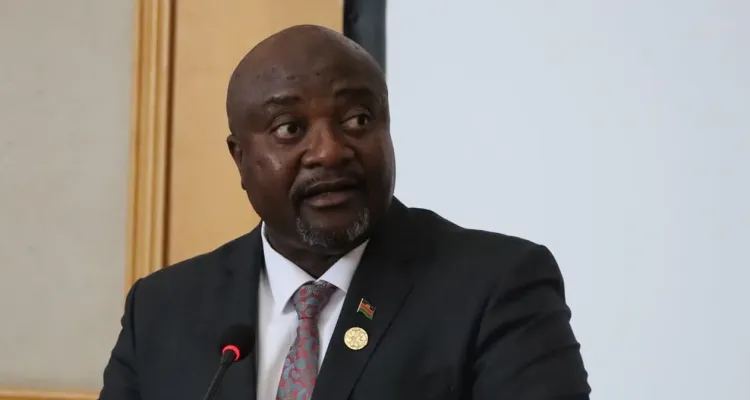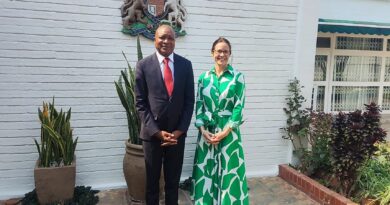Malawi Introduces Special Agriculture Electricity Tariff to Boost Agro-Industrialization
Malawi’s Minister of Energy, Ibrahim Matola, has announced the introduction of a special agriculture electricity tariff. The minister described the initiative as a collaborative effort to facilitate and promote agro-industrialization in the country.
Speaking at the district officers’ sensitization meeting on the special agriculture electricity tariff held at Bingu International Convention Centre (BICC) in Lilongwe, Minister Matola emphasized that the new tariff aims to address the longstanding barrier of high electricity bills for small-holder agriculture production.
“For a long time, high electricity bills have been a barrier to small-holder agriculture production as a key player in the agriculture sector in the country. ESCOM has been using Maximum Demand Tariff; therefore, we came up with negotiations between the ministry of agriculture and my ministry through ESCOM and MERA to introduce the special agriculture tariff,” explained Matola.
He acknowledged that the introduction of the special agriculture tariff comes at a cost but emphasized that the envisioned increase in agriculture production and productivity would offset these costs. The tariff is expected to encourage increased productivity from cooperatives and small and medium enterprises, creating a demand for more energy as enterprises expand.
Dr. Janet Banda, Head of the Presidential Delivery Unit (PDU), noted that Malawi will join a select few African countries in introducing the special agriculture tariff. Banda highlighted the critical role of affordable access to electricity in agro-industrialization and the necessity of ensuring affordability in the current stage of Malawi’s development.
“PDU received a request from the ministry of agriculture to assist in resolving the issue of high electricity bills which were choking and stifling the growth of irrigation agriculture and small and medium agro-processors,” said Dr. Banda. “This, in turn, was crippling efforts by the ministry of agriculture aimed at advancing the presidential transformational agenda of food security, wealth, and job creation.”
Chifundo Kameko, Senior Marketing and Business Development Officer for ESCOM, outlined the beneficiaries of the tariff, including smallholder farmers/cooperatives engaged in irrigation or processing, private individuals irrigating up to 50 hectares, and registered and certified agro-processors processing primary products.
The introduction of the special agriculture electricity tariff is poised to catalyze growth in the agricultural sector, promote energy efficiency, and contribute to Malawi’s broader developmental goals.
Source: Malawi24



